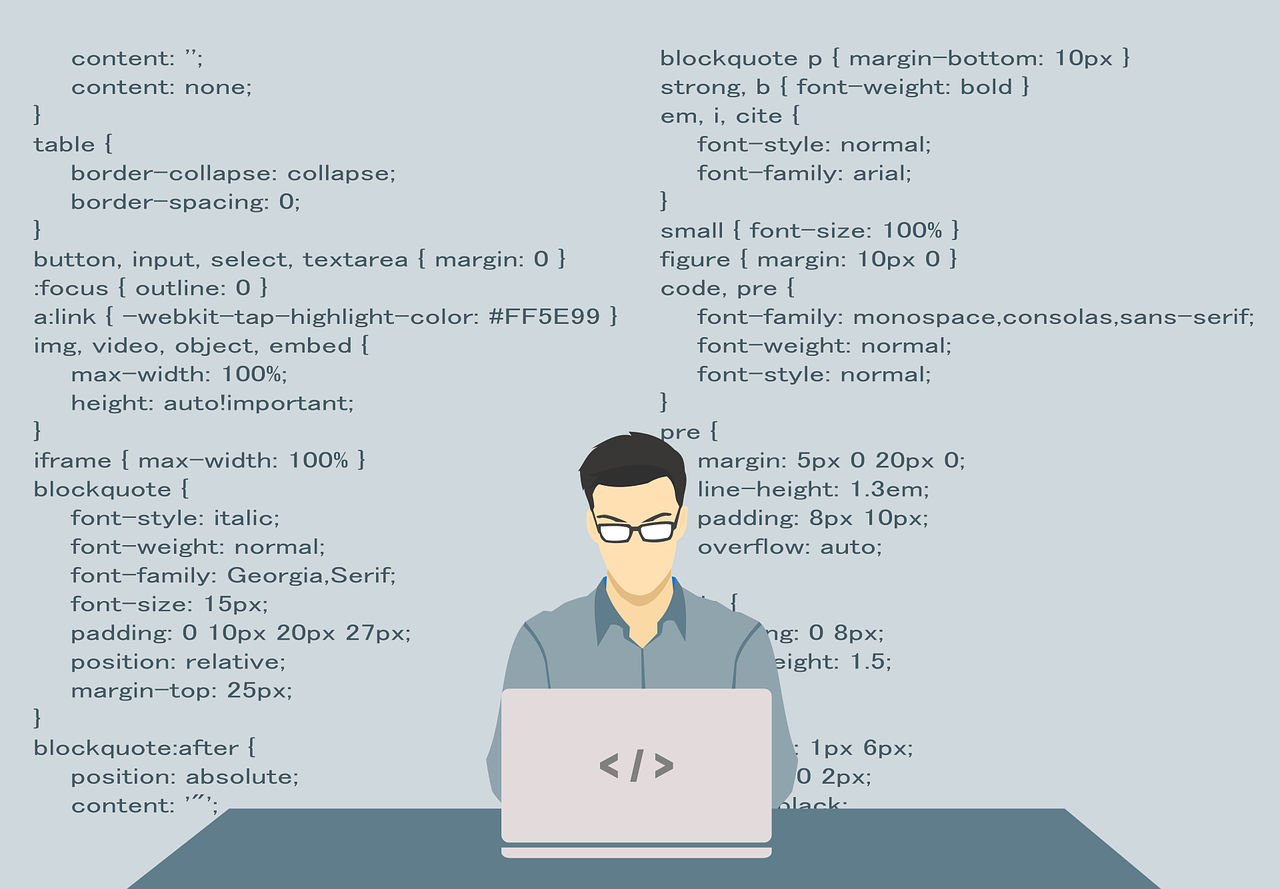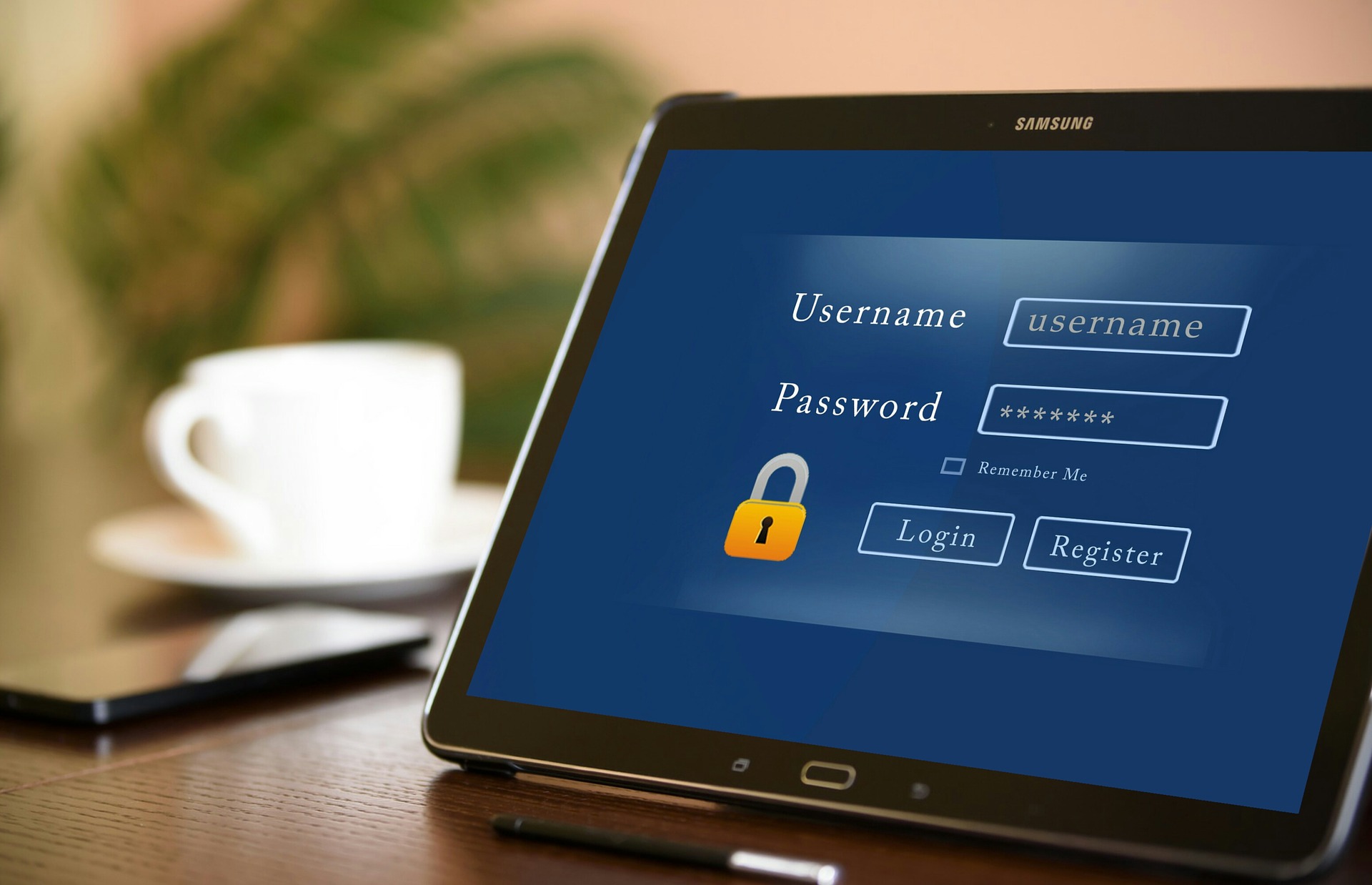Building a website for your business or startup has never been simpler, and it’s also a very effective tool for getting recognized, especially if your company is young. That’s why it’s no surprise that many are rushing to design a website and get noticed. However, often website security is neglected, mainly a result of inexperience. Website hacks and breaches have been on the rise in 2021 and the primary target has been exactly these small websites that are often unsecured.

Source: https://pixabay.com/vectors/programmer-programming-code-work-1653351/
My name is Ofir Bar, and as an entrepreneur with over two decades of experience, I have seen with my own eyes more than once the damages of cyber fraud. The sad truth is that a lot of entrepreneurs try to save money on their digital appearance, but end up paying much more than they had intended because of cybercrime.
The rise of digital marketing fraud
Digital fraud has been running rampant this year. Cybercriminals are hacking into websites and gaining access to emails, names, addresses, payment information, and more. They are getting smarter and more sophisticated, and it seems like there are no red lines they don’t cross.
For example, a new digital crime called “social engineering” has been on the rise. In this case, someone usually hacks into the website of an organization and pretends to be a member of staff asking for sensitive information, like credit card numbers or billing information. They work with emails that seem completely legitimate, and it is sometimes extremely hard to spot the fraud before falling victim to it. The result can be lethal, especially for new businesses with limited funding.
Hackers often target websites that have:
-
No SSL
-
No security plugins
-
Outdated and easy passwords
-
An unreliable hosting provider
This is just one example. Digital marketing frauds will continue to plague websites in very creative ways. The best thing website owners can do is to protect themselves constantly, and never rest on their laurels. Keep looking for updated security software and reading about new scams and frauds. That is the only way to stay safe.
How can a website stay safe from cyber breaches?
If you have a website, follow these tips to keep your information safe.
1 - Run a website scan every once in a while
The first thing you should do is to check if any of your website files contain viruses. This can be done through a third party virus program or a CMS plugin. These programs will highlight infected applications and protect your website from disaster. It is worth paying a symbolic monthly fee for this software, trust me.

https://pixabay.com/photos/cyber-attack-encryption-smartphone-3327240/
2 - Install a security plugin
Even If you are using common and well-known website building tools such as WordPress or Shopify, you should install a plugin that can protect your website from malware, viruses, and hackers. These plugins may also prevent brute force attacks.
3 - Choose a good hosting company
Having a good hosting company is essential for your website’s security. It is imperative to make sure that your hosting company has security as one of its main priorities, as this is the foundation of your online presence. How can you know if you chose a good hosting company? Simple. Read about it on the internet before making your selection.
4 - Use an SSL certificate
An SSL certificate is a sign of protection for a website. This is how a website can ensure that the data flowing through the connection is encrypted. This will prevent people from stealing your data and keep it safe. Don’t underestimate the benefits if SSL.
5 - Use strong passwords
Picking good, solid passwords for your website is another way to prevent hackers from being able to gain access to sensitive information - and it’s not that complicated. Don’t go for something that a lot of people will know. Get sophisticated, it can prevent great misfortune.
6 - Keep your passwords secure
Good passwords are not enough. You also have to make sure they are secure and safe from harm. Any password you find yourself sharing with a hosting technician or friend - or anyone outside of your organization, for that matter - should be changed subsequently. Updating your password frequently also helps keep you secure (just make sure you don’t forget it).

https://pixabay.com/photos/subscribe-registration-signup-3534409/
Keeping a Website Safe is an Ongoing Process
Running updates, doing regular scans, and testing your website are all vital if you want to keep your website safe. Installing a single plugin will not rid you of all your problems.
I, personally, tell my business partners and protégés to prioritize website security when building their business strategies and planning their budgets. When it comes to keeping your website safe, it is actually a great idea to allocate weekly time to that cause. A little bit of time each week will save you a lot of trouble.